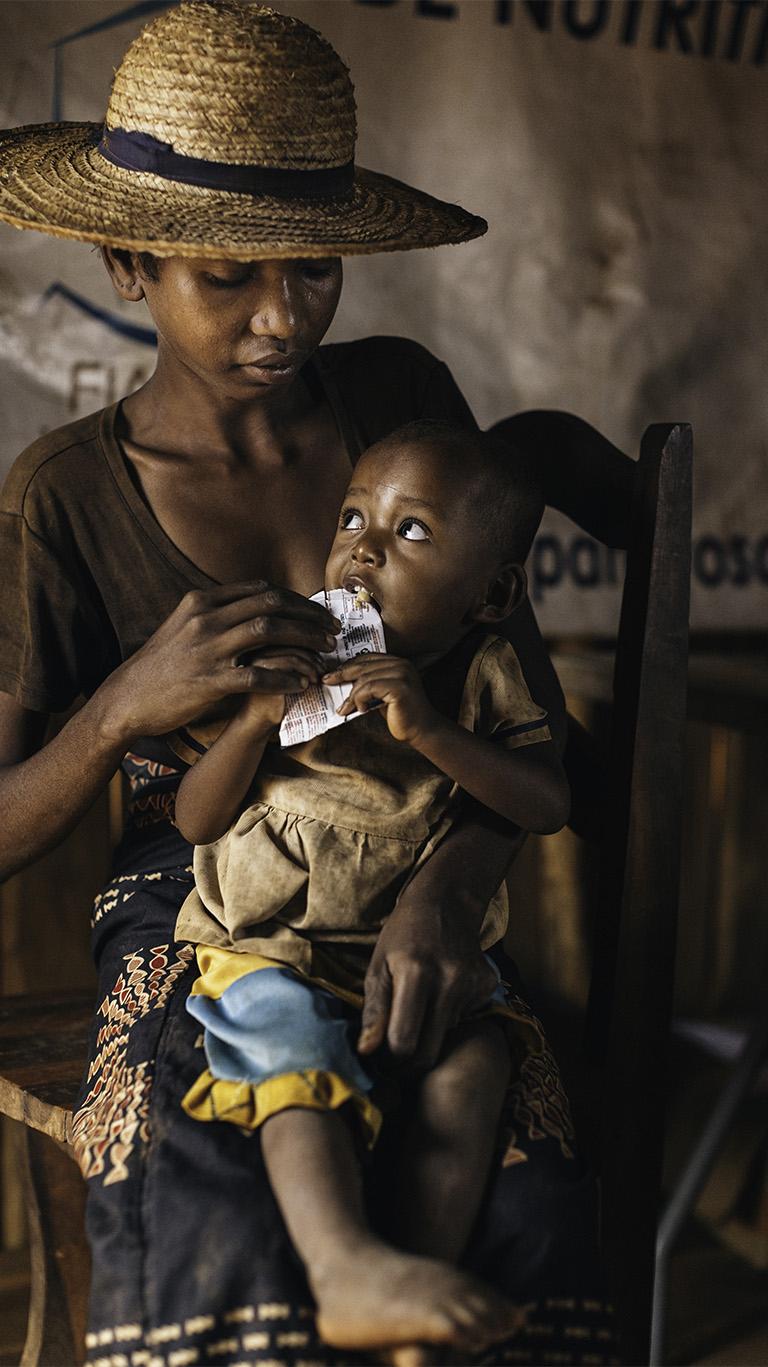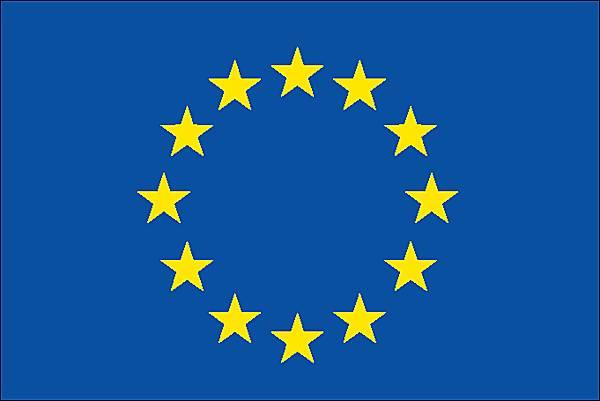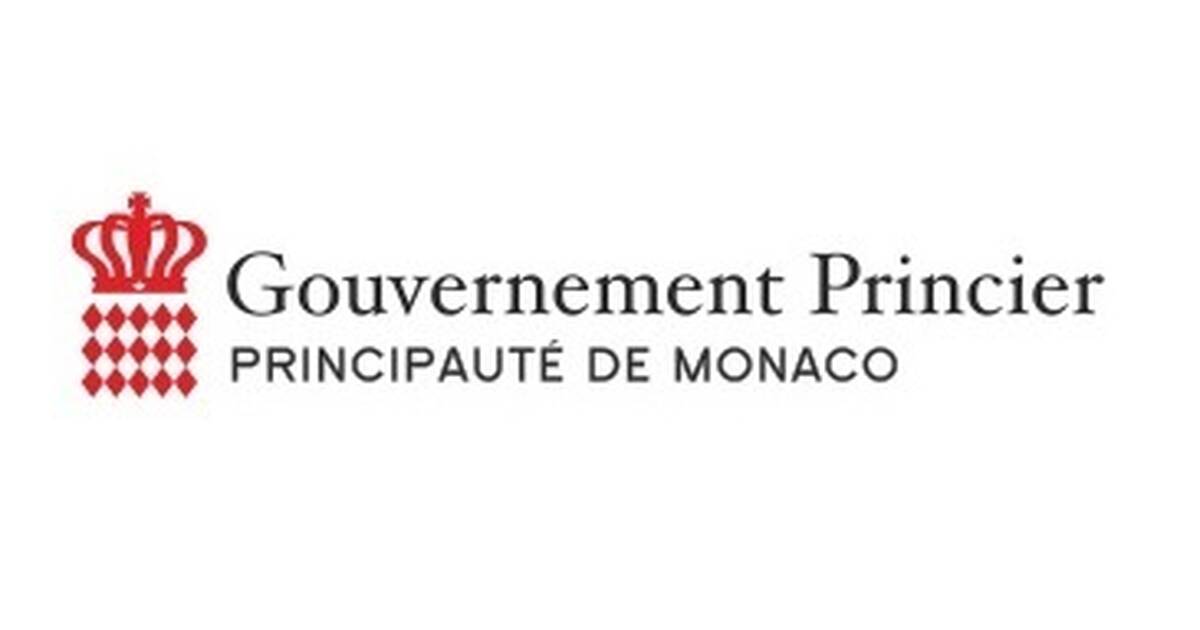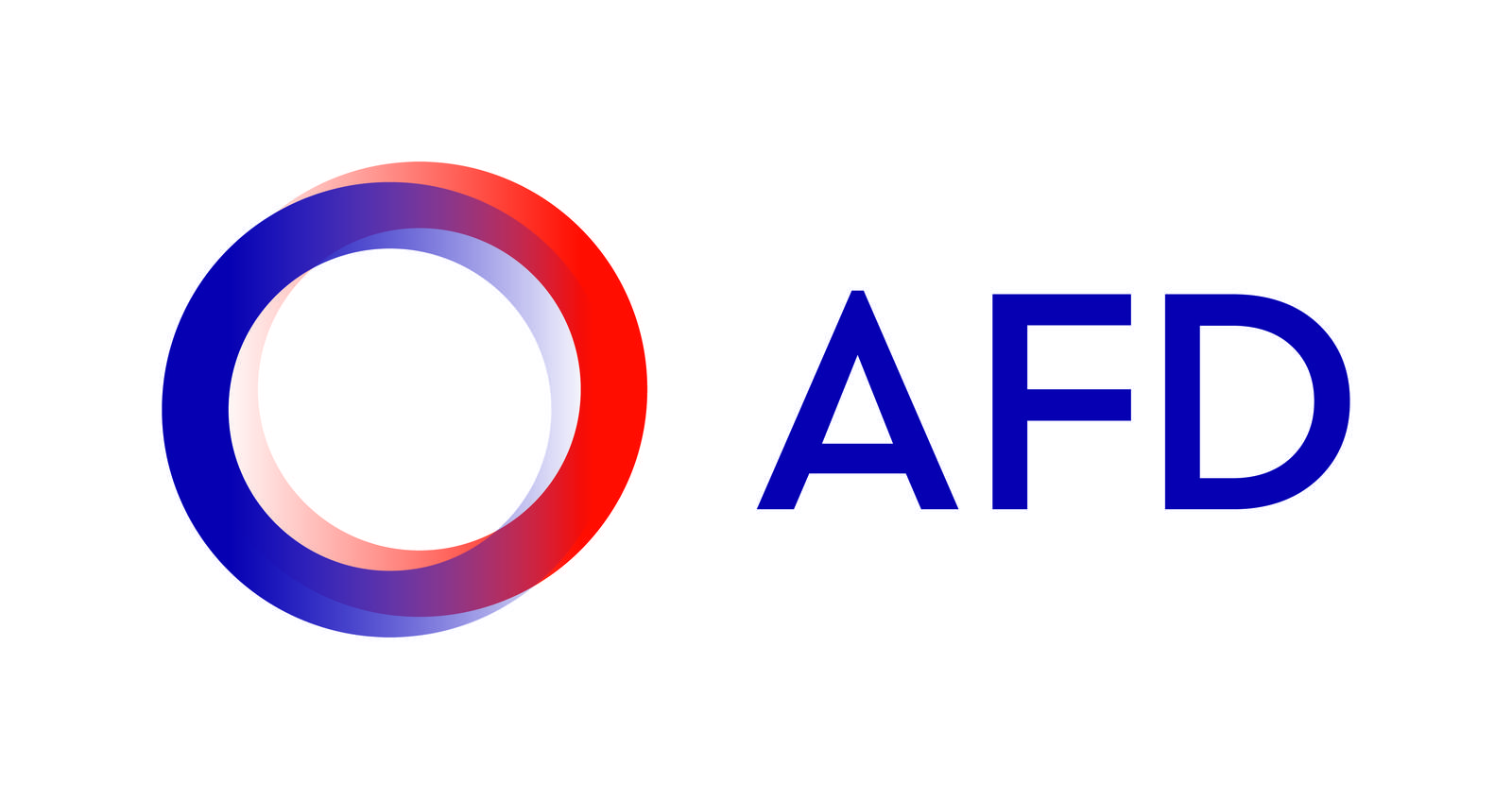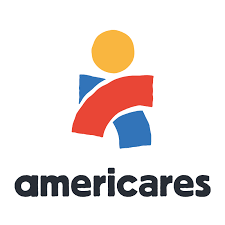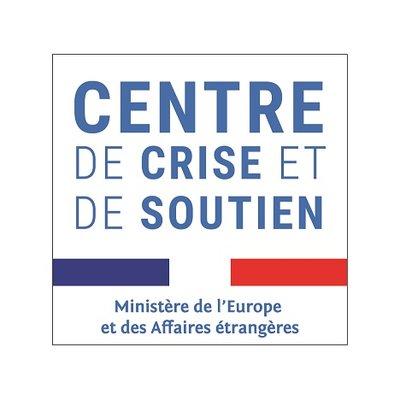Since 2020 Madagascar has been suffering its worst drought for 40 years which has plunged the country into a major food crisis. In addition, the lack of healthcare infrastructure means the population has no access to basic services to treat conditions such as diarrhoea, respiratory infections, fever and malaria. In 2021, Médecins du Monde organised two mobile clinics in the districts of Ambovombe and Amboasary, the regions which have been longest affected by drought.
Given the urgency of the situation and the need to provide integrated food and health support, we have had to expand our humanitarian activities and intend to organise two additional mobile clinics for the area in 2022.











